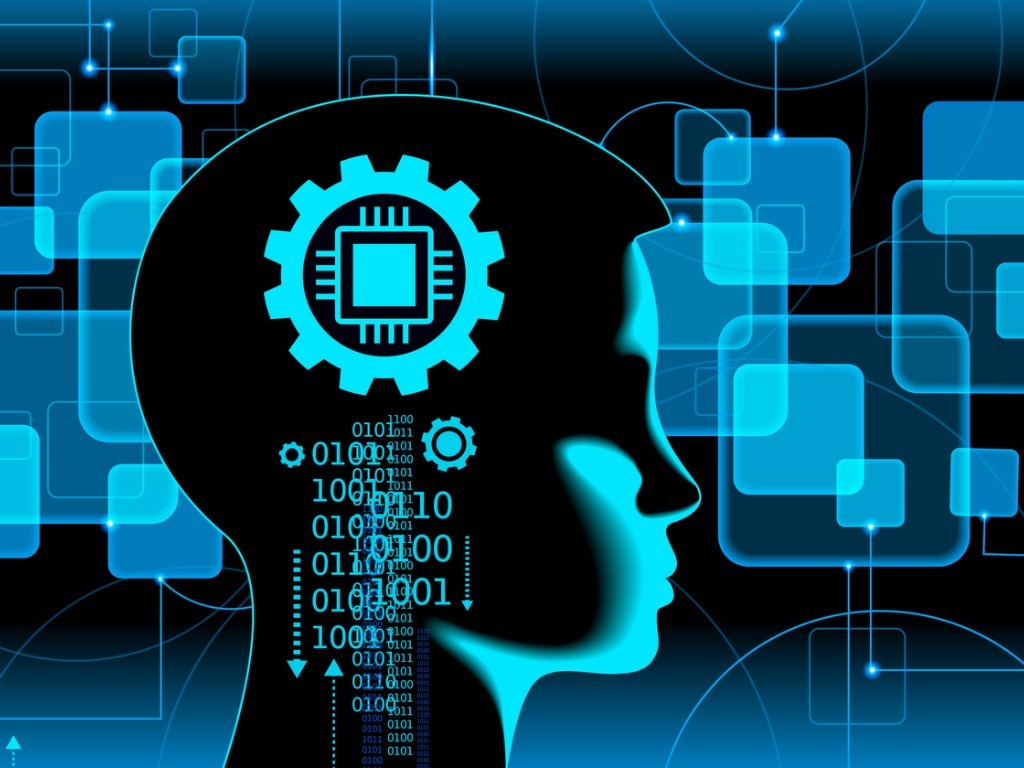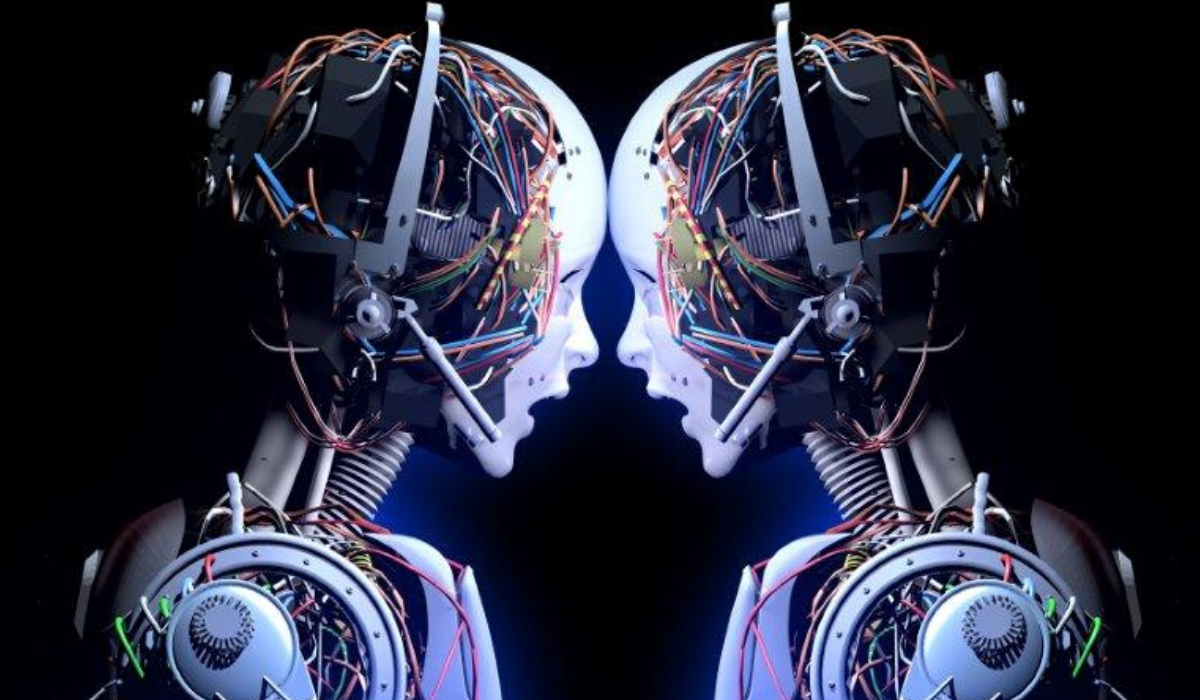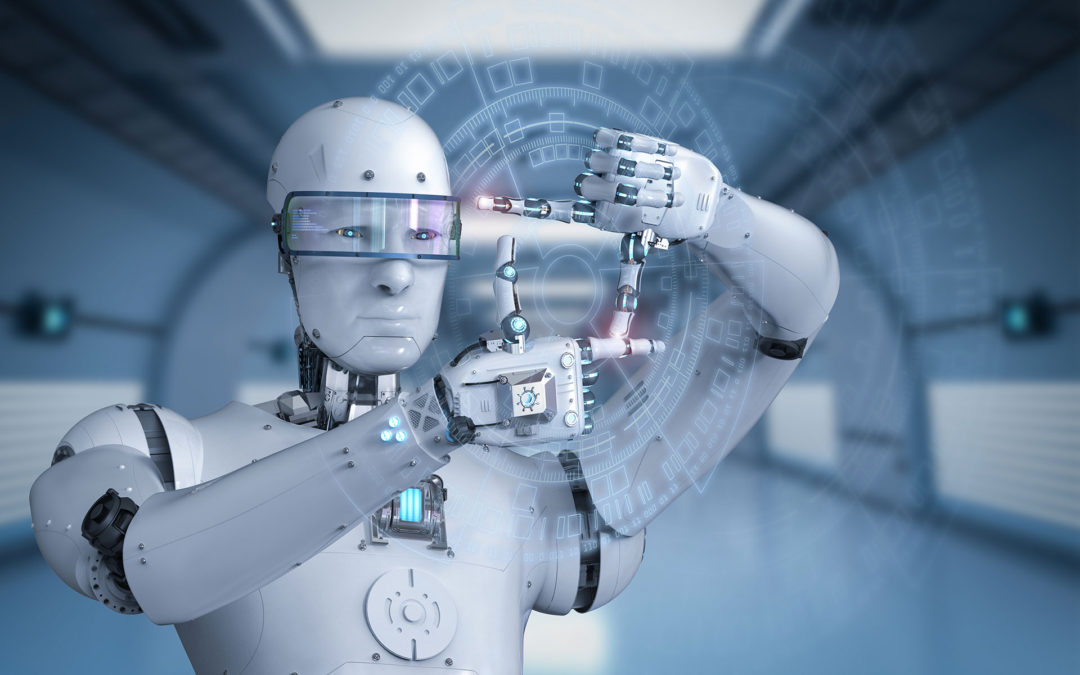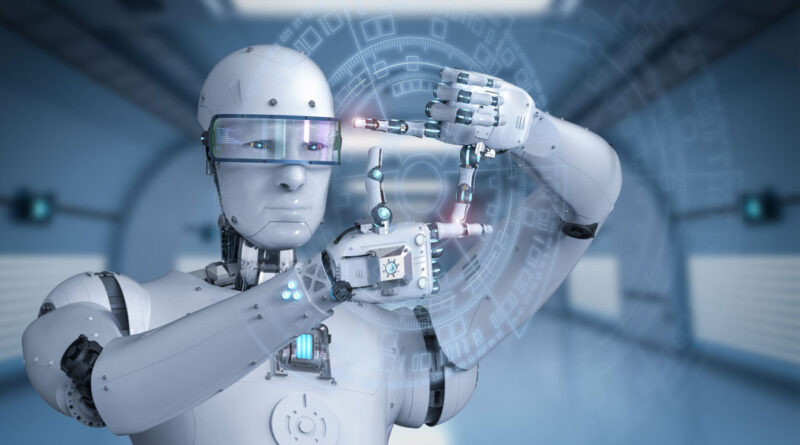We are all aware of the first industrial revolution in the mid-18th century. It was a transition phase from an agriculturally inclined economy to an industrial one. All in all, the first industrial revolution was the most revolutionary economic and social transformation that our world has ever seen. Consequently, we all agree that it played an essential role in establishing a base for what we have achieved today (technologically).
And now, two centuries later, the fourth industrial revolution has brought an even more significant transformation. The first industrial revolution used steam power and water to mechanise production, the second revolution used electric power, and the third used IT and electronics to automate production. Now the fourth revolution is building on to the third revolution. This technological revamp will entirely change the way we think, live, and work.
In this article, let’s discuss everything about the fourth industrial revolution, its meaning, advantages, and key factors.
What is Fourth Industrial Revolution?

source: pinterest.com
The fourth industrial revolution can simply be understood as a smart fusion of technologies that are blurring boundaries between physical, digital and biological spheres. That being said, they are bringing new, innovative ways to integrate technology with society.
This revolution also has a significant impact on industrial and manufacturing processes. In short, with this revolution, advances in technology have made it possible for the physical and virtual aspects of manufacturing to function smoothly.
Importance and Benefits of the Fourth Industrial Revolution in Different Sectors
- Government
The fourth industrial revolution brought new techniques for citizens to engage with the government. In fact, several studies have shown that the technologies that have come in this revolution are making the redistribution of power possible.
Moreover, technologies such as the Internet of Things, digital analytics and blockchain offer citizens newer tools in order to reduce corruption and improve accountability in governments.

source: pinterest.com
- Business
With the augmentation of the fourth industrial revolution, it became easier for businesses to offer more connected, more personalised experiences to their customers. Consequently, with the bars set so high, customers have adjusted their expectations accordingly.
Along with product enhancement and changed customer expectations, the fourth industrial revolution also hastens the digitalisation of present business models. In fact, AI and the Internet of Things have also resulted in the development of advanced business models.
- Work
The increase in the use of Artificial Intelligence (AI) in the workplace has resulted in the creation of multiple new job opportunities for people. These AI systems will likely automate regular tasks rather than entirely replace human employees. The new categories of jobs brought in by the fourth industrial revolution will resultantly give birth to newer skills.

source: theonebrief.com
- Society
It is quite evident that any kind of revolution definitely brings a significant impact on human life and society as a whole. Similar is the case with the fourth industrial revolution. For instance, this revolution will apparently change how people identify themselves, their consumption patterns and their sense of privacy.
Key Factors
By now, you must have realised that the fourth industrial revolution consists of opportunities and sustainability. Let’s look at some of the critical factors of the fourth industrial revolution:
| Attribute | Explanation |
| Collaboration and teamwork | Technological reinvention requires businesses, governments, and other technology implementors to work closer. This will result in a more engaging, truthful and collaborative environment. |
| Change leading to empowerment | The augmentation of the fourth industrial revolution implies organisational changes in many areas. However, these organisations must be ready for such changes in order to grow and prosper. In fact, this continuously growing environment lets employees develop a sense of responsibility and autonomy in order to behave proactively. |
| Organisational agility | The effective formation of structures, mindsets and information systems formed in the fourth industrial revolution lets the organisational capability to embrace the various uncertainties. |
Final Words

source: ciomajlis.ae
With the fourth industrial revolution bringing with it immense opportunities and challenges, it is now up to us to function together and ensure that everybody can reap its benefits. In fact, we all can individually play a direct role in shaping our future and creating vast economic opportunities for millions of people. This is because, to grow and prosper, any revolution requires global cooperation and a shared point of view.




